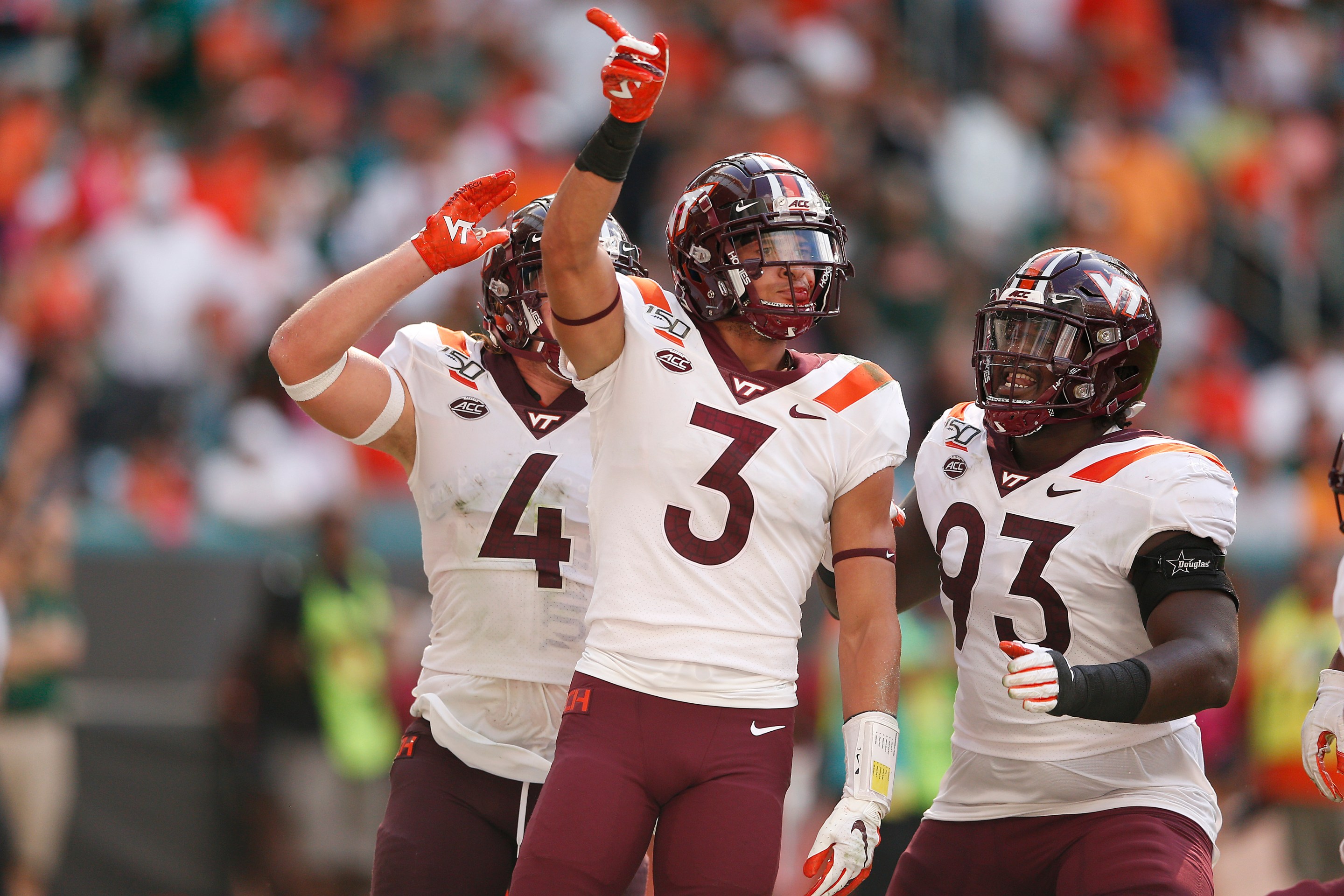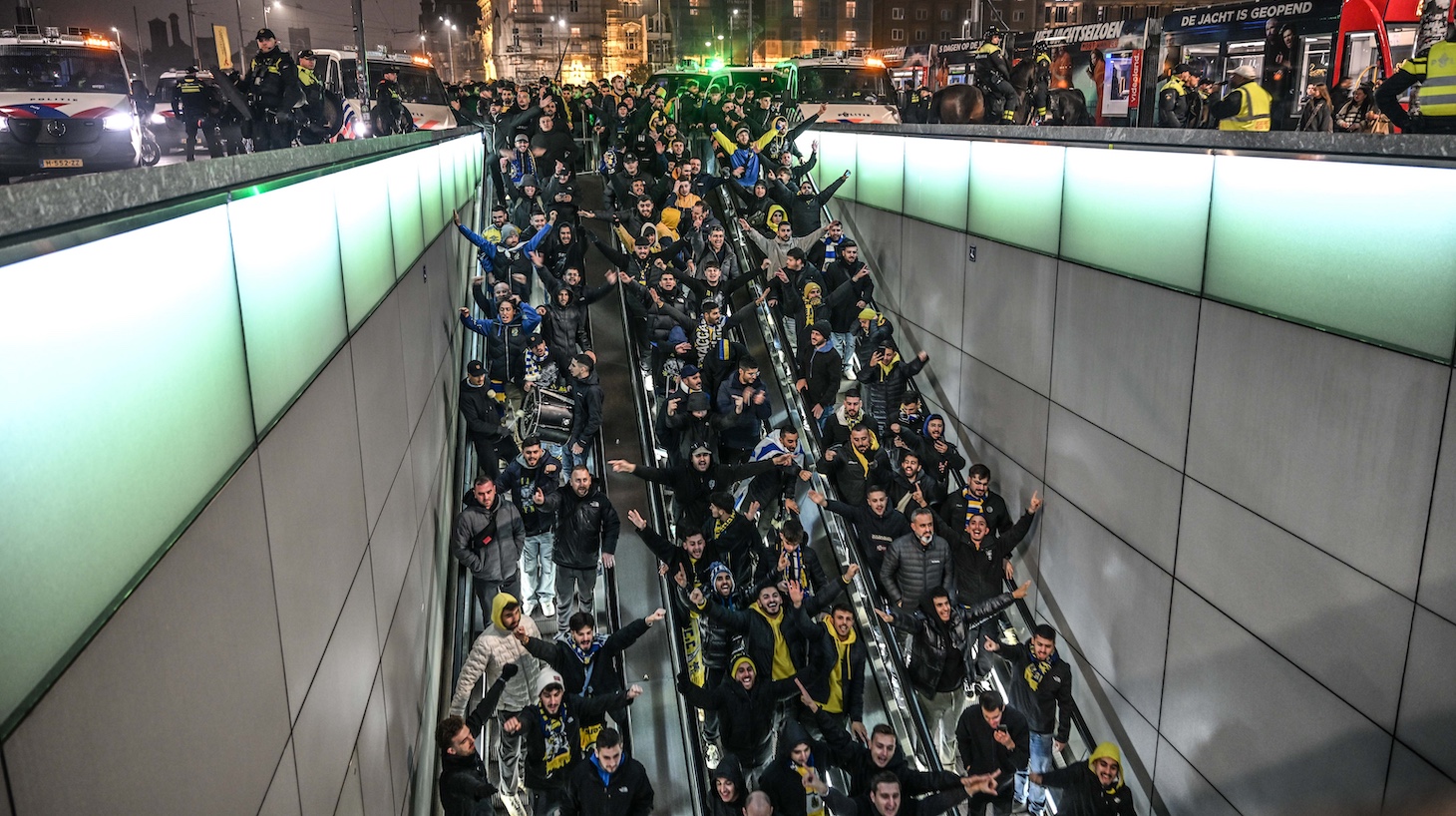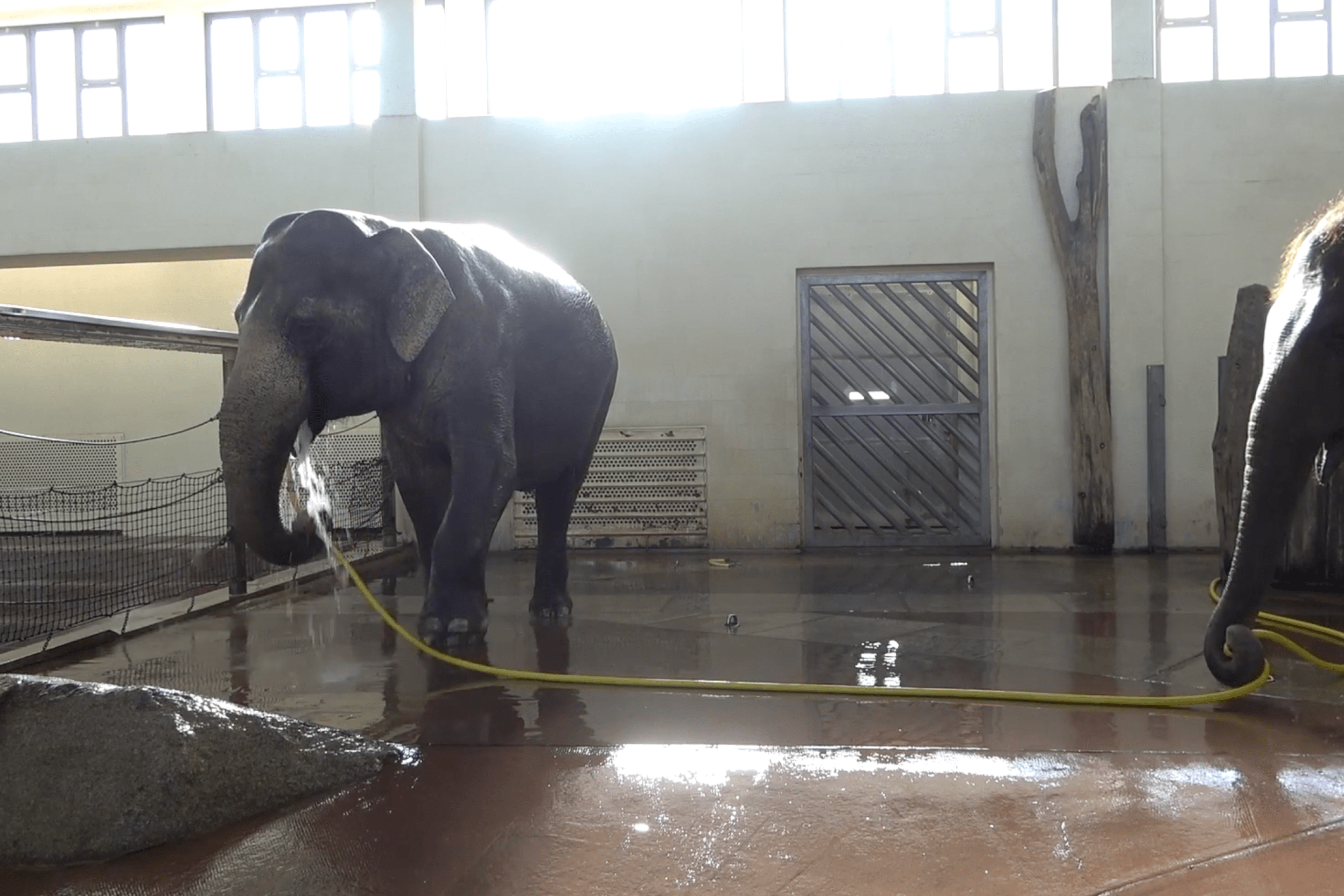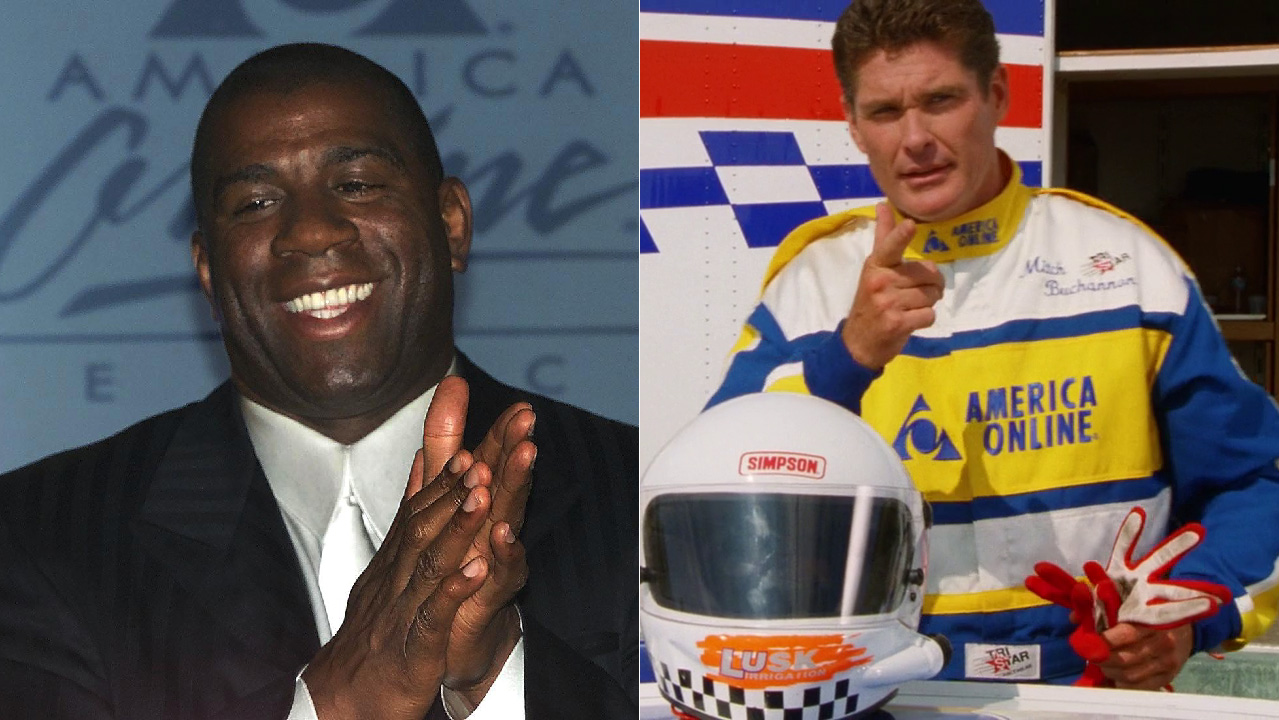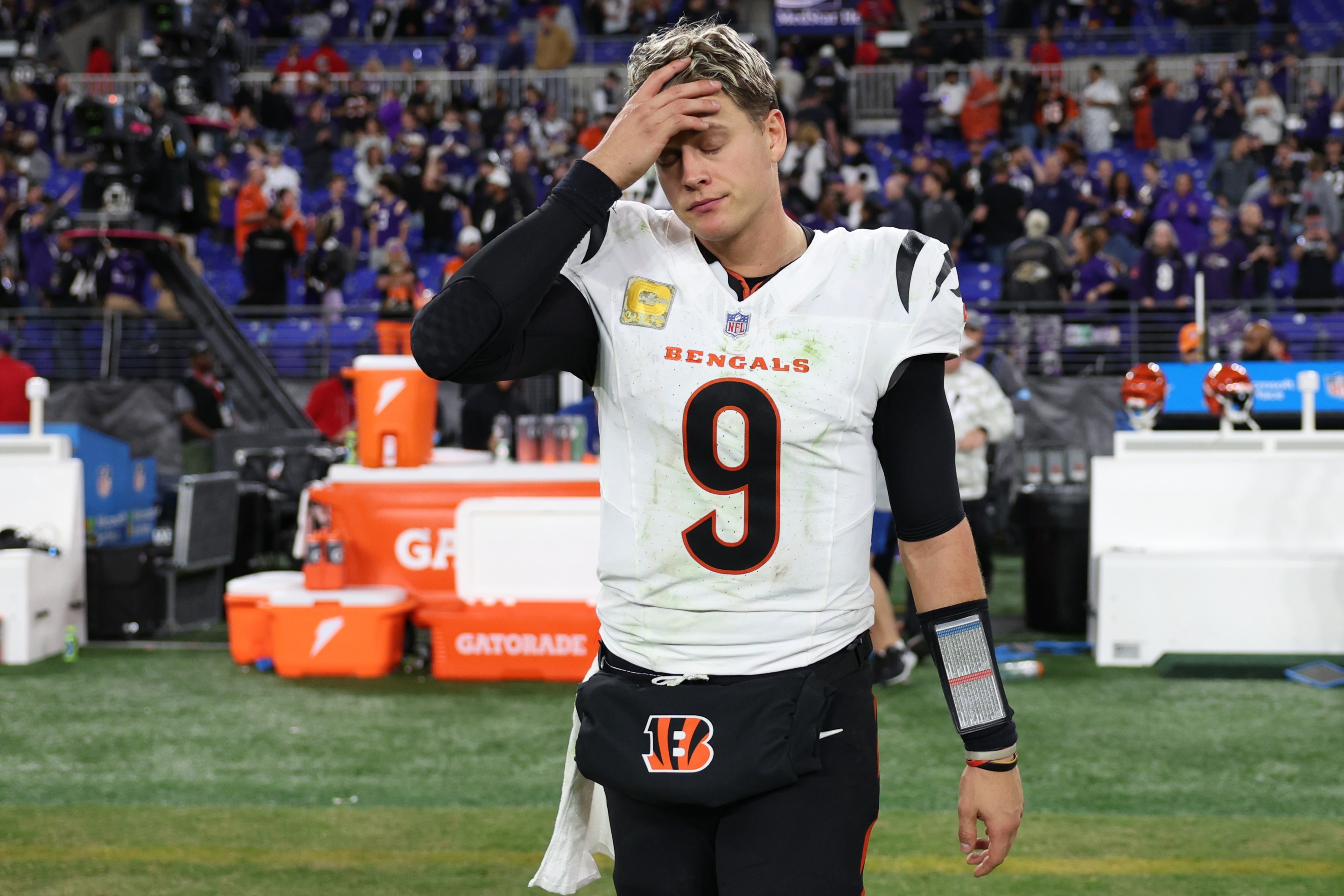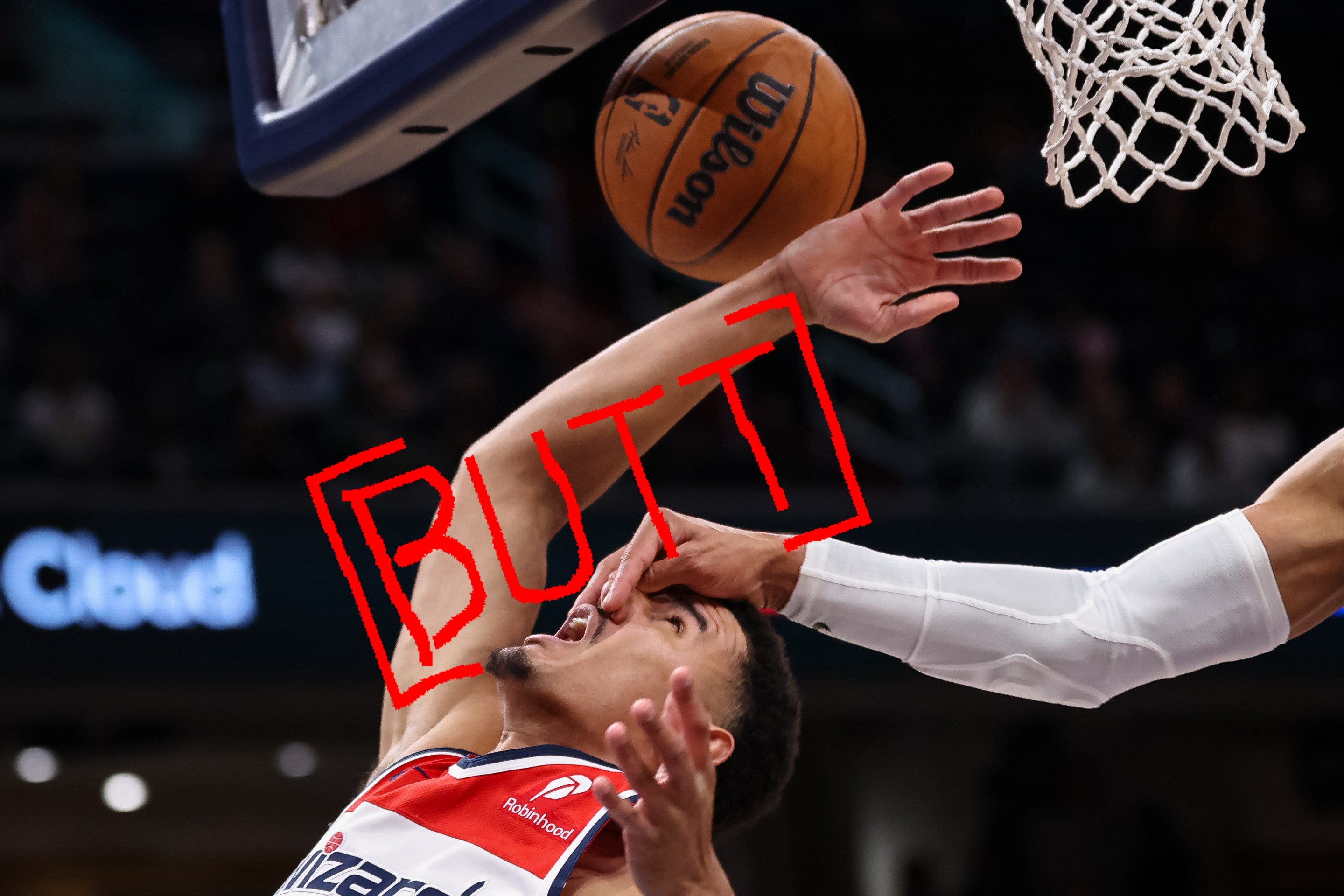On Tuesday, Cowboys owner Jerry Jones called the prospects who opted out of the 2020 college football season due to COVID-19 “compromised.” “I would much rather have seen the reps and the plays that they got,” he said.
On Monday, Steelers general manager Kevin Colbert said that his team prefers to draft players who did not opt out. "As I stated in the summer, if a player chooses to opt out for whatever reason, that's their decision and we will respect it," he said. "However, if a player played in 2020 and those players are of equal value, the one that didn't play and the one that played, we'll take the one that played because we don't know what the opt-outs will be like in their first season back in football.”
Neither Dallas or Pittsburgh have ever been known as progressive thought leaders among NFL teams, so those views aren’t particularly surprising. The players who chose not to participate in a college football season that was postponed, stopped, re-started and cut short due to an ongoing and uncertain pandemic, are not the guys you want in the trenches next to you if you’re a Football Man. “It’s an old-school mentality,” as one NFC executive described the disdain for players who chose safety and family over an anomalous mini-season of football.
But it seems the Football Men are able to set their concerns aside for the right prospects.
“There is a consensus from some of the old-school guys about the opt-outs, but the two offensive linemen [Penei Sewell and Rashawn Slater] who opted out are clearly the best two, so I don’t think it will really affect anyone,” an NFL assistant coach told me. “Seems like typical bluster to me.”
But in an industry where tape-eating is fetishized, and where you can only learn so much about a prospect from his hand measurements and 40 times, there is undeniably value in having more information to work with. (Though there is just as undeniably potential upside in taking risks on talented prospects without as much film to their names.) After declaring that opt-outs are compromised, Jones turned to ask head coach Mike McCarthy how many snaps an average player, say a defensive tackle, would play in a standard college season.
“71 plays a game, 10 games, so-”
“-700 plays,” Jones interrupted. “And plus, usually those players, if they are the type of player you want, get better from their junior to senior year. Fair to say?”
“Absolutely,” McCarthy agreed.
“The point is, you don’t have as much info when they didn’t play last year,” Jones said.
Jones is correct that there is less information about the players who did not play last season, but he and McCarthy are wrong to compare the 2020 season to an average college football season. The season was anything but standard and many prospects, even those coming out of big programs, did not play anywhere near 700 snaps.
The Big Ten and Pac-12 played seven games, for example, but Arizona State played just four games, missing an entire month of action because of a COVID-19 outbreak that kept them below the minimum number of scholarship players required to play a game.
At smaller programs, the snap counts were even smaller. The MAC played a six-game season, but Ohio University played just three games. The FCS’s Big Sky Conference played a six-game spring season, if they played at all—five colleges opted out of the season altogether.
You get the point. The 2020 season was a shitshow, and cannot be compared to a season where a prospect would play a fixed schedule of 10–13 games against a stable level of competition. This season has an asterisk, for those who opted out and for those who played.
As for Colbert’s thought process, it’s natural to wonder and worry about a player’s conditioning and development after such a long break from game action (Giants GM Dave Gettleman pointed out that “there’s nothing I can compare this to”), but his taxonomy of “those who played” and “those who didn’t” lacks nuance.
An NFL agent who represents a mid-round level prospect who opted out last season poked holes in Colbert’s hypothetical. He didn’t want to speak on the record so as not to jeopardize his client’s draft stock.
“Nobody is going to have guys that are actually equal, that's why they have draft boards to begin with,” he said. “... I think it’s smoke and mirrors. The Steelers like [my client], that’s the funny part about it. If that was really the situation, they probably wouldn’t talk to him.”
This agent said his client has had several meetings with the Steelers, so it’s not as if the team has taken every opt-out off their board. He said his client has been quizzed by every team he’s spoken to on his reasoning for opting out, because teams need to feel comfortable with what that motivation says about a prospect’s character.
One AFC personnel executive said that he takes each prospect on a case by case basis, and it’s important for his team to delve into the why behind opting out. “I just have to sort through who told the truth and who lied about opting out,” he said.
Lied? Really? The executive suggested it’s possible that some prospects just wanted to get paid by an agent and skip out on the season, and used COVID as an excuse.
Raiders GM Mike Mayock started off his press conference answer to the opt-out question on the right track, mentioning that the Big Ten and Pac-12 conferences basically opted out on their players, and that prospects had already signed with agents when the conferences announced a truncated schedule. But then Mayock said this:
“It’s a lot deeper question. We sat down with kids on Zoom and asked that question to every single one of them. Some of them talked about their parents and having relatives that died from COVID-19 and having to go home and take care of family. So, do I think some of them may have used it as an excuse to get out of football and go train? Sure. But at the end of the day it’s really hard to figure out which ones, and that’s why you have to really just continue to drill down the kid, what his playing demeanor is, what his coaches think about him, all of your different sources. Because it’s really a can of worms and I think every team will look at those opt-outs a little differently.”
Some evaluators get it, like Dolphins GM Chris Grier. “A lot of players opted out,” he said. “You also have some schools that played four games. Some played 10. However you look at it, it wasn’t going to be an apples-to-apples comparison. So for us to sit here and judge players on opt-outs—I think it’s unfair and I think it’s unrealistic. I don’t think we can hold that against these players.”
And Rams coach Sean McVay: “You don’t punish a guy. This past year has certainly been, I think, one that is different in so many ways, but you don’t punish guys for that. You go back to the tape. You look at what they’ve previously done—and then there are some projections with guys that maybe have less tangible evidence on the tape and it all is a part of the evaluation process. But certainly nothing weighs more than when you’re evaluating them playing the game that we’re going to ask them to do.”
An NFC personnel executive agreed that prospects who opted out hurt their stock, but said it’s not as black and white as teams like the Steelers or Cowboys are making it out to be.
“[I]t’s hard to judge apples and oranges,” the executive said. “If two guys were equal off of 2019 tape, the guy who played in 2020 almost certainly got better. So he would then in turn be better and not equal.”
But what if the guy who didn’t play was better to begin with? Tonight, several prospects who opted out will be picked in the first round of the NFL draft. Trey Lance, Penei Sewell, Rashawn Slater, Ja’Marr Chase, Micah Parsons, Caleb Farley, and Gregory Rousseau are all likely to hear their names called. Those players are no-brainer first-round talents, which provides a certain kind of immunity.
Another NFC personnel exec agreed that opting out will mainly affect the prospects in the later rounds of the draft. “It’s going to come down to the talent,” they said. “It won’t affect Ja’Marr Chase, but it will affect a player from the fifth round and down. Contradictory business.”
It’s also entirely possible that Colbert and Jones are playing up their doubts for strategic reasons. The NFC executive told me that teams think they can get bargains on players who opted out.
Contradictory business, indeed.
